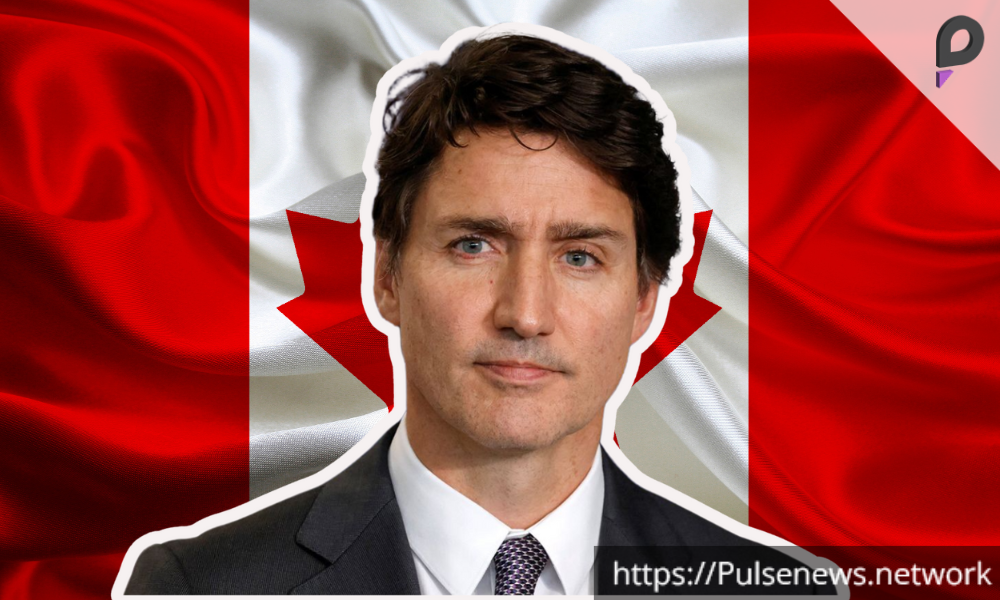Toronto: Recent tariffs imposed by U.S. President Donald Trump have triggered a wave of cancellations and boycotts across Canada. Many Canadians are now avoiding trips to the United States and boycotting American alcohol and other products after Trump announced a 25% tariff on most Canadian goods. This unexpected move has left many feeling shocked and frustrated, given the close ties between the two countries.
Economic Shockwaves
Drew Dilkens, the mayor of Windsor, Ontario, expressed concern over the potential economic impact of the tariffs. He highlighted that about C$400 million ($272 million) in trade crosses the Ambassador Bridge, which links Detroit and Windsor, every day. For Windsor’s population of 240,000, the immediate fallout from these tariffs could be significant. Dilkens urged residents to support local wineries and distilleries as a way to combat the effects of the tariffs.
Calgary resident Ken Lima-Coelho also felt the impact of the tariff announcement. He noted a surge of Canadian pride within his family, with his son planning to sew a small Canadian flag onto his backpack for an upcoming trip to Europe. Meanwhile, his daughter took inventory of Canadian food products in their kitchen. Lima-Coelho remarked, “There’s nothing I can do about this quagmire that we now find ourselves in politically with the regime next door, but I can change which toothpaste I buy.”
Retaliatory Measures
In response to Trump’s tariffs, Canadian Prime Minister Justin Trudeau announced retaliatory tariffs on C$155 billion ($107 billion) worth of U.S. goods. The first round of tariffs, affecting C$30 billion worth of products, will take effect on the same day as Trump’s tariffs. The remaining C$125 billion in tariffs will follow in 21 days. Trudeau encouraged Canadians to buy local and vacation within Canada, a sentiment echoed by various local officials.
In Ontario, Premier Doug Ford took decisive action by ordering that American-made liquor be removed from the shelves of the Liquor Control Board of Ontario (LCBO), the only alcohol wholesaler in the province. Ford stated, “Every year, LCBO sells nearly $1 billion worth of American wine, beer, spirits, and seltzers. Not anymore.”
Changing Shopping Habits
The recent developments have prompted Canadians to rethink their shopping habits. Loraine MacKenzie Shepherd, a churchgoer from Winnipeg, indicated that she would change her grocery shopping habits to support Canadian and Mexican products. She expressed concern over potential job losses in Canada and emphasized the importance of solidarity during this challenging time.
During a hockey game in Ottawa, many Canadians voiced their displeasure by booing the U.S. national anthem before a match between the Ottawa Senators and the Minnesota Wild. Similarly, basketball fans expressed their frustration by booing the anthem during a Toronto Raptors game against the LA Clippers.
A Call for Calm
Despite the rising tensions, Manitoba Premier Wab Kinew urged calm among Canadians. He emphasized that the quarrel is not with the American people, as many families have relatives on both sides of the border. Kinew reminded everyone of the shared history of Canadians and Americans, particularly during times of war.
Conversely, British Columbia resident Mike Davies has been vocal about his anger toward Trump’s comments regarding Canada. He described the tariffs as “treachery” and started a Facebook group to encourage a boycott of American goods. Davies has even canceled his Netflix subscription and is trying to limit his use of Amazon.
Conclusion
The impact of Trump’s tariffs is resonating throughout Canada, prompting a wave of cancellations and boycotts. Canadians are coming together to support local businesses while expressing their frustrations over the actions taken by their southern neighbor. As the situation develops, the strength of Canadian pride and solidarity may prove crucial in navigating these challenging economic waters.












